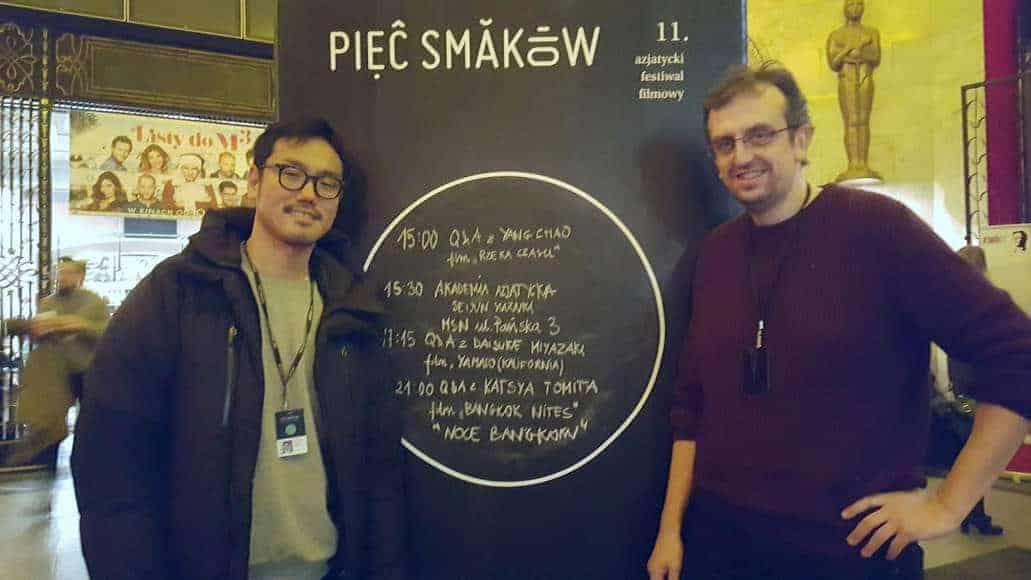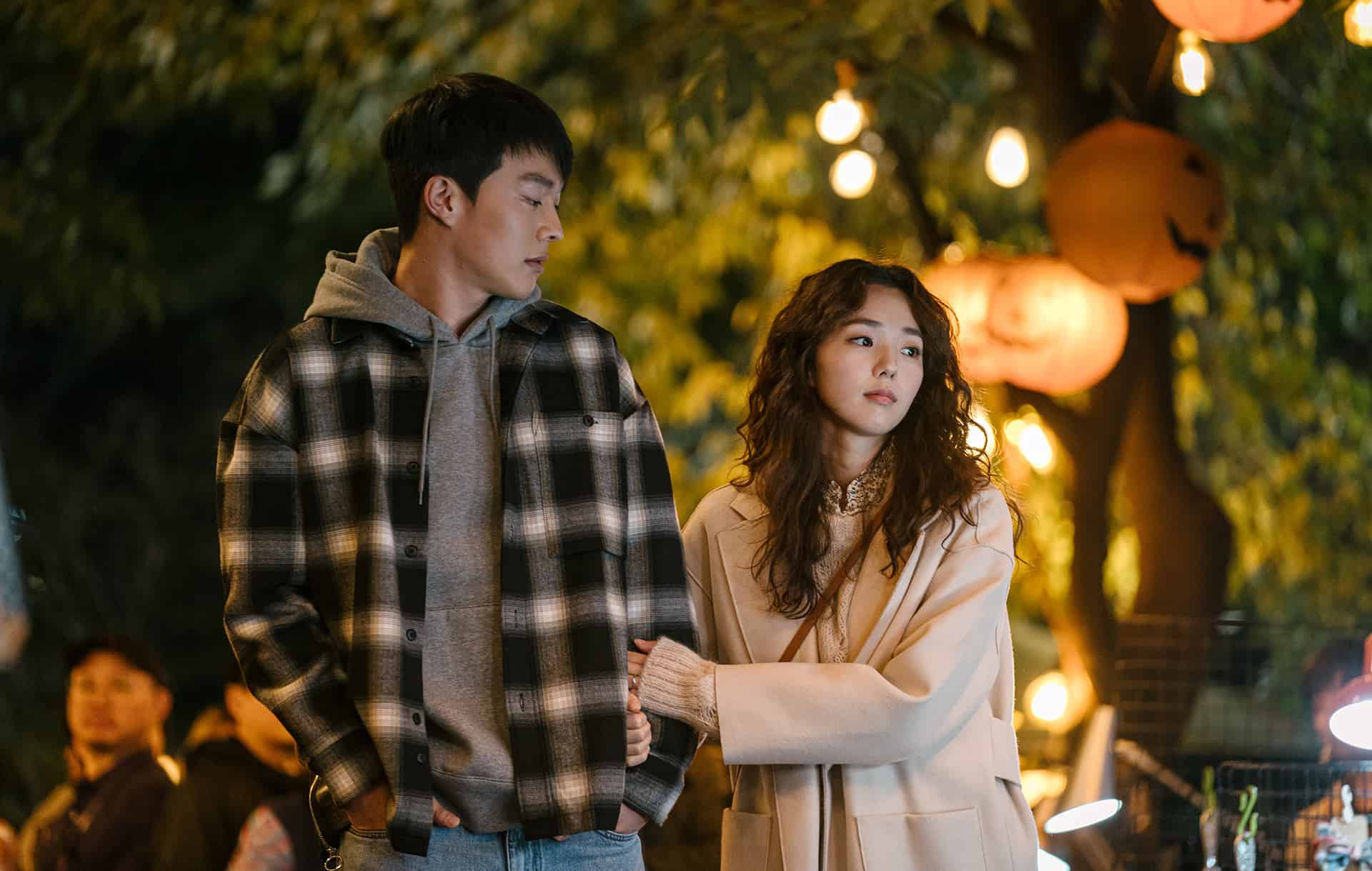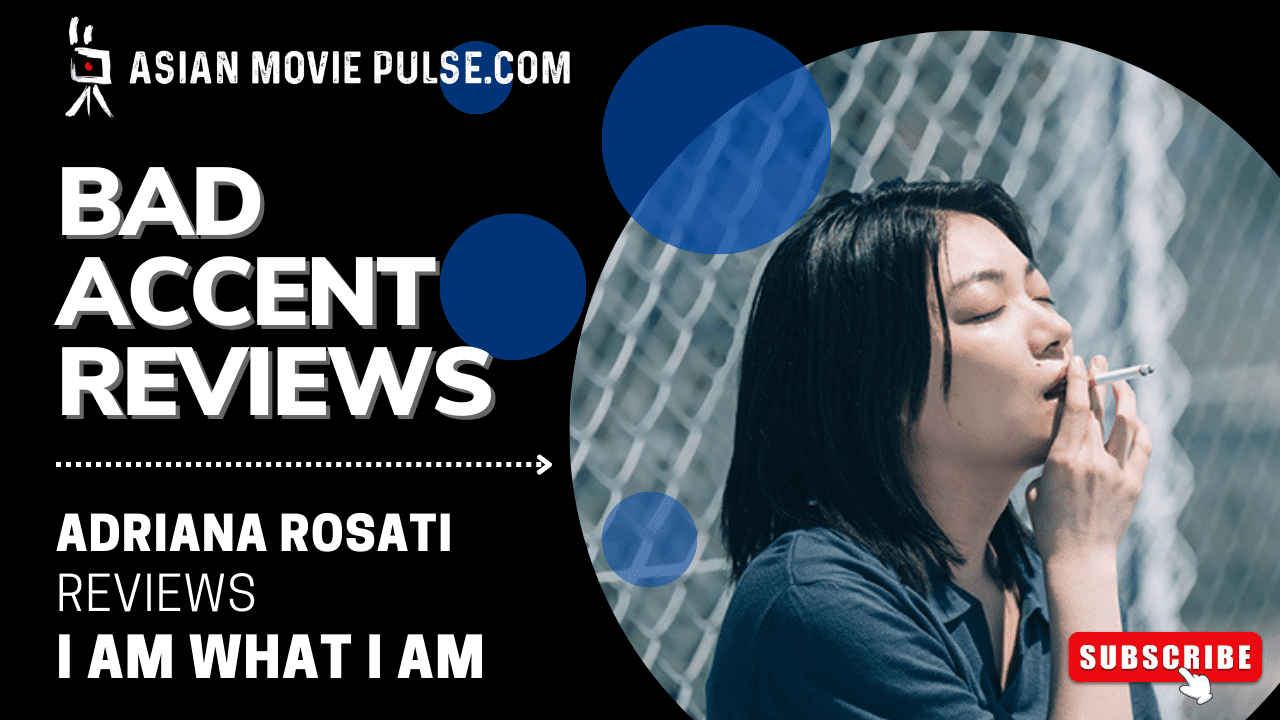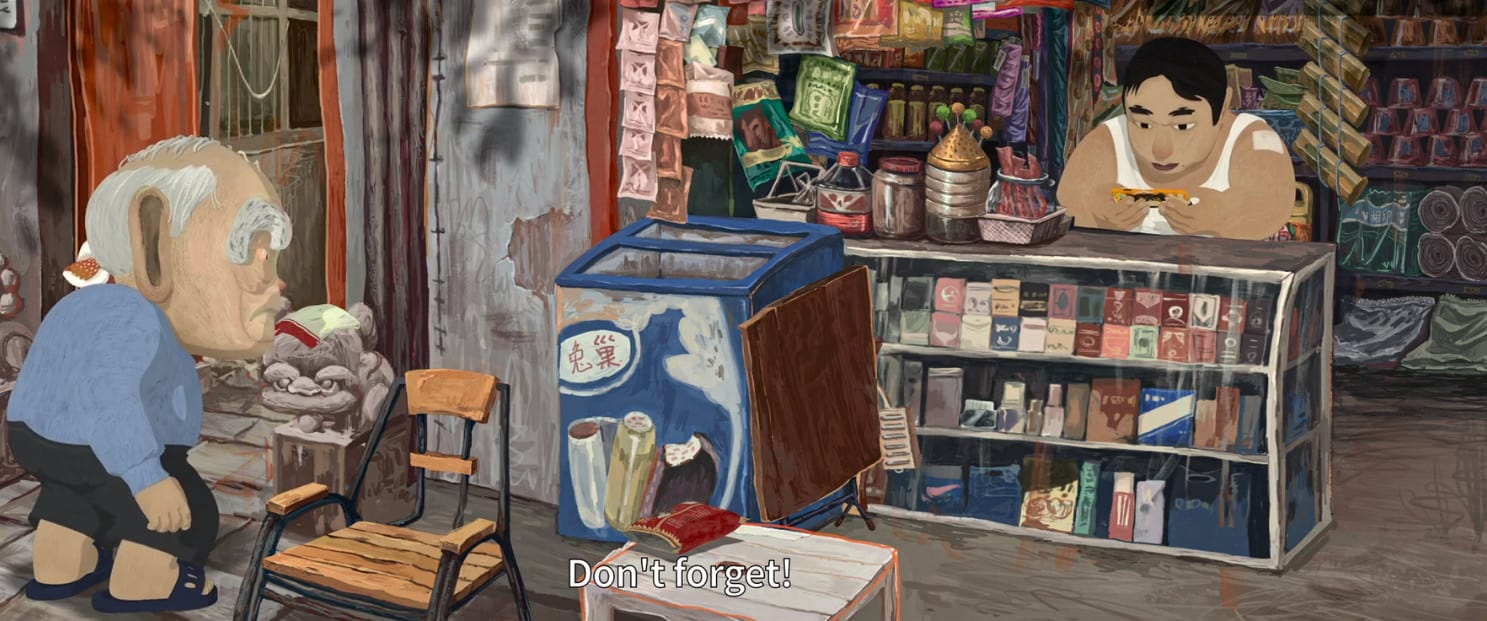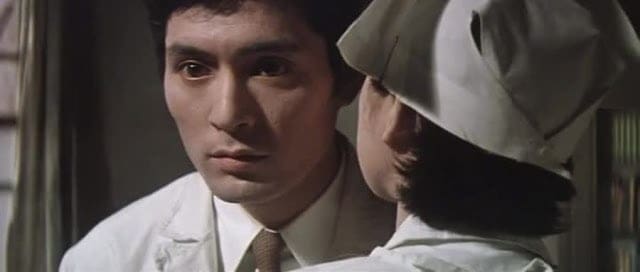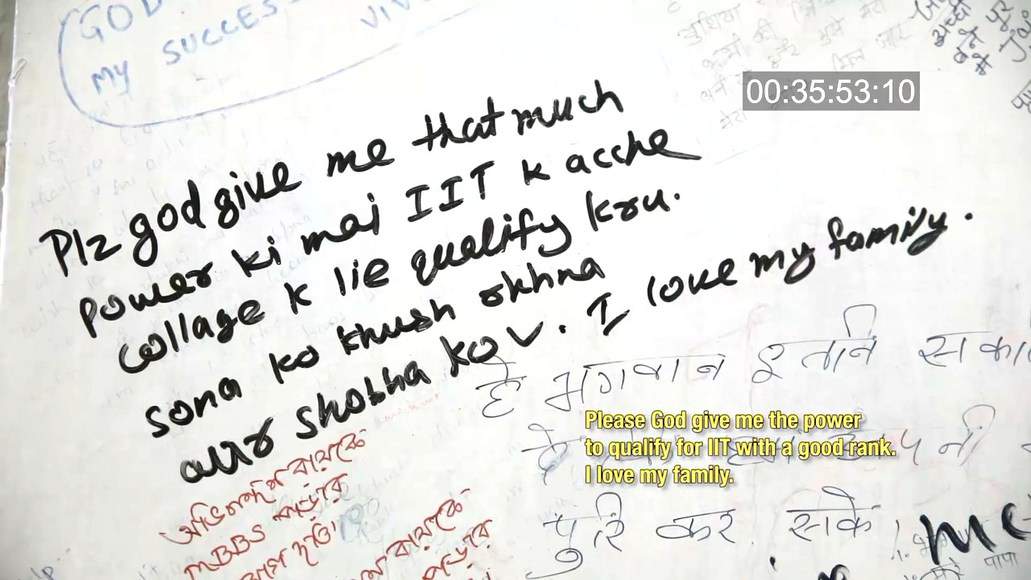Indhu VS is an alumnus of Chetana Media Institute, Thrissur, Kerala. For the past twelve years, she has been an assistant director, screenwriter, writing mentor and creative consultant. She is one of the founding members of the Women in Cinema Collective in Kerala. “19(1)(a)” is her first feature film as director and screenwriter. She is working on her new feature film.
On the occasion of “19(1)(a)” screening at FICA Vesoul as part of the tribute to Malayalam cinema, we speak with her about the events that inspired the film, the relationship of the protagonist with her father, working with Vijay Sethupathi and Nithya Menenin, the cinematography and the ending of the movie, the Malayalam movie industry and her future project
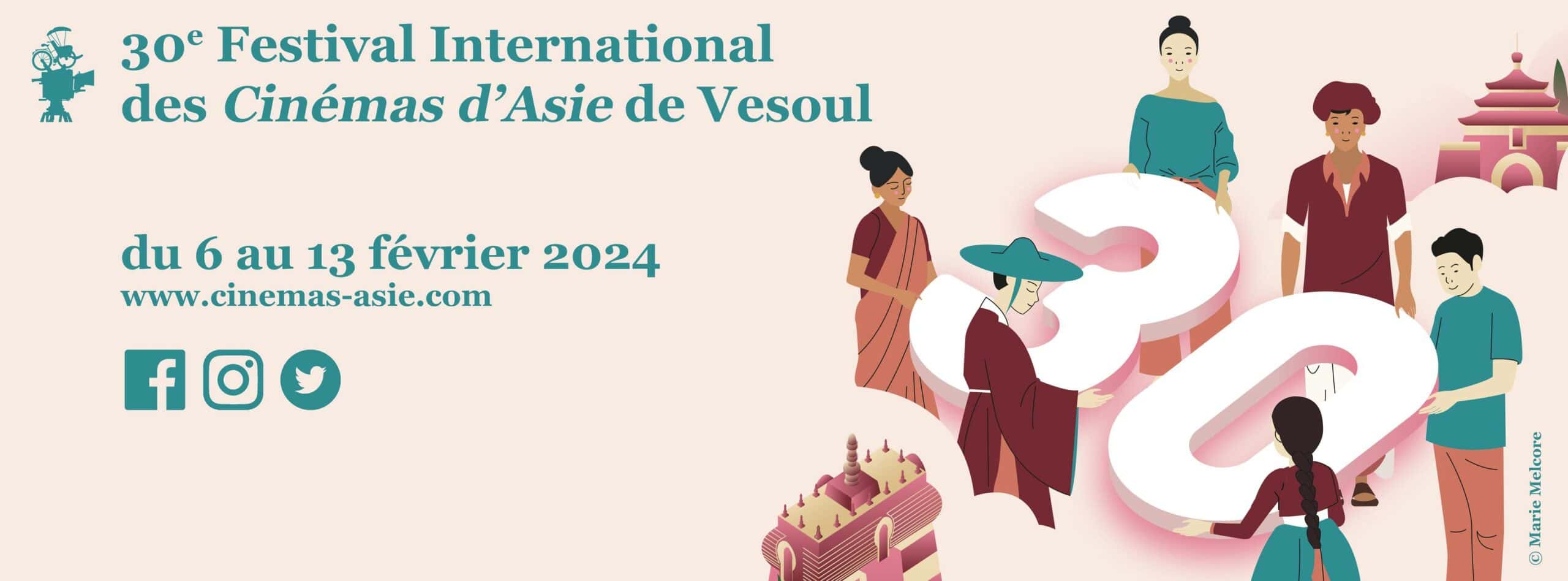
Is the story of the film based on real events?
It is loosely based on an incident that took place in India, of a murder of a female journalist taking place in Karnataka, in Bengaluru. This was an incident that shook everyone in the country, and in Kerala, we had never faced anything like that. At the same time, I was planning to write a man-woman story from a different perspective, not romantic, undefined because whenever I start writing, what immediately comes to mind is the story of two strangers. But the incident I just mentioned really influenced me, but I cannot say that I did a film about the now deceased journalist, this film is actually about a normal girl that we can find anywhere in Kerala and what happens when politics come knocking on her door. We are trained to examine politics as in the case of what is happening with the politicians but we never perceive, for example, what is happening between members of a family or in relationships or in working relations as politics too. This is what I wanted to say, that is why the film is as personal as it is political
Tell me a bit about the relationship of the girl with her father, which I found quite interesting, particularly in the way you presented it.
I know many people who have strange relationships with their parents, because when you are stuck in a relationship, in a loop, you cannot blame them and also you cannot argue with them after a point. When a parent cannot take care of the family, then the son or the daughter takes the responsibility. In Kerala in general, there will be one person taking care of the family and we are trained to see a woman maintaining the whole household, including the financial aspect. It is a little patriarchal as you can understand but I still wanted to show that in this case, it is the girl taking care of the household, since the father cannot. However, I wanted this last part to remain undefined as for the reasons, I wanted the audience to think why he cannot do it. After the release of the film most of the audience thought that the father is depressed and his life is stuck. I presented the relationship of father and daughter not through words but I think I managed to show there is some understanding. And regarding the girl, I wanted to show that after she steps out of her routine (from the shop to the house and back) the father understands that he has to take over, because I think that in the end, even within their issues, parents care about us and I wanted to show this aspect.
Check the review of the film
How did you manage to land Vijay Sethupathi and Nithya Menenin for such a ‘small' film?
For many years, since 2010, I have been active in the Malayalam movie industry. After assisting in three major films, I was trying to write and pitch many scripts, mostly revolving around female protagonists, but most of these projects did not happen. I wanted to do it in mainstream cinema, because Malayalam cinema is always a man's world and when, as a woman, you try to talk about business, nobody listens to you. Fortunately, there is a huge change in that regard, more filmmakers are presenting their narratives in cinema, but in 2010, it was very difficult. Then I thought that I should make a very small film, with a very low budget, less than 1 crore, and I wrote this script, but in the end, it became much bigger. After I wrote the script, I thought I could pitch to some actors and see their response, in order to understand what I have written. Vijay took a meeting with me, and he understood the sensibility and sensitivity of the story and that this is a different story and a smaller film with only 8 days of shooting. He liked the film but he was not sure about his schedule but later it happened. The same with Nithya, I narrated the story and she understood that the girl is very silent and she wanted to do something like that, so the timing was good once more.
How was your collaboration with them?
They were lovely, a number of people told me that I was going to get spoiled working with them. Both of them are among the people who see the film first, and they do not care that much about its commercial success, which is not exactly common in Malayalam cinema. They both listened to me, and in the end, what we directors want is for the actors to understand what we want to do, and they did, both regarding context and the low budget nature of the movie. They are an integral part of the film, and because of them, I narrated it the way I wanted and in the end, it landed on a mainstream platform. This of course happened because of them, it is their presence that was the key to the film's success.
Can you give me some details about the cinematography in the film, what you wanted to do in the visual aspect of the movie?
The initial image I had in mind when thinking about the movie was a man sitting in low light, having a coffee and a cigarette and suddenly getting murdered. This kind of lowlight that you get in Kerala when you go out at night, the yellow color and its shade of it was how I wanted the whole film to look like and that is what I communicated to the cinematographer Manesh Madhavan, and in the end, I think he did a very good job. The girl is silent most of the time; she barely has a voice, which is also why her name is not being called in the film, and we wanted this concept to also be present in the visuals of the movie, and I think we achieved it.
Tell me a bit about the ending.
I wanted it to be an open ending. Many times in cinema, we have seen someone trying to do something good and getting killed for it. If we showed the motorcycle approaching or any light or any gunshot, we would essentially make her murder a reality but I didn't want to do it like that, to end it in a negative tone. At the same time, I wanted to show that there is fear and danger, because that is the reality. So you can interpret it in any way.
How would you describe the situation with Malayalam cinema at the moment?
Personally speaking and not just as a filmmaker, I feel that the post-Covid situation was a confusing scenario because people were not coming to the theater in the first place. There were some small films that ran for a long time and made a lot of money but post-Covid, the whole of India was trying to make these big films filled with toxic masculinity. It was really concerning but I hope it will change. But with the presence of OTT, we thought that we could make other types of content, in the ‘middle way' of cinema and we still hope that we can do a bit more. However, the only sure thing is that we are never sort of good content in Malayalam cinema, there are always 5-10 good films every year, I just hope that these films will be able to make money also, otherwise everyone is only going to support that ‘big masculine' films again.
What are you working on next?
I wanted to do something light and fun because I like writing in humor. I tried to make humor films in the past but it didn't work, mostly because they had female protagonists I think, but I still want to do something like that, which also involves politics though.



